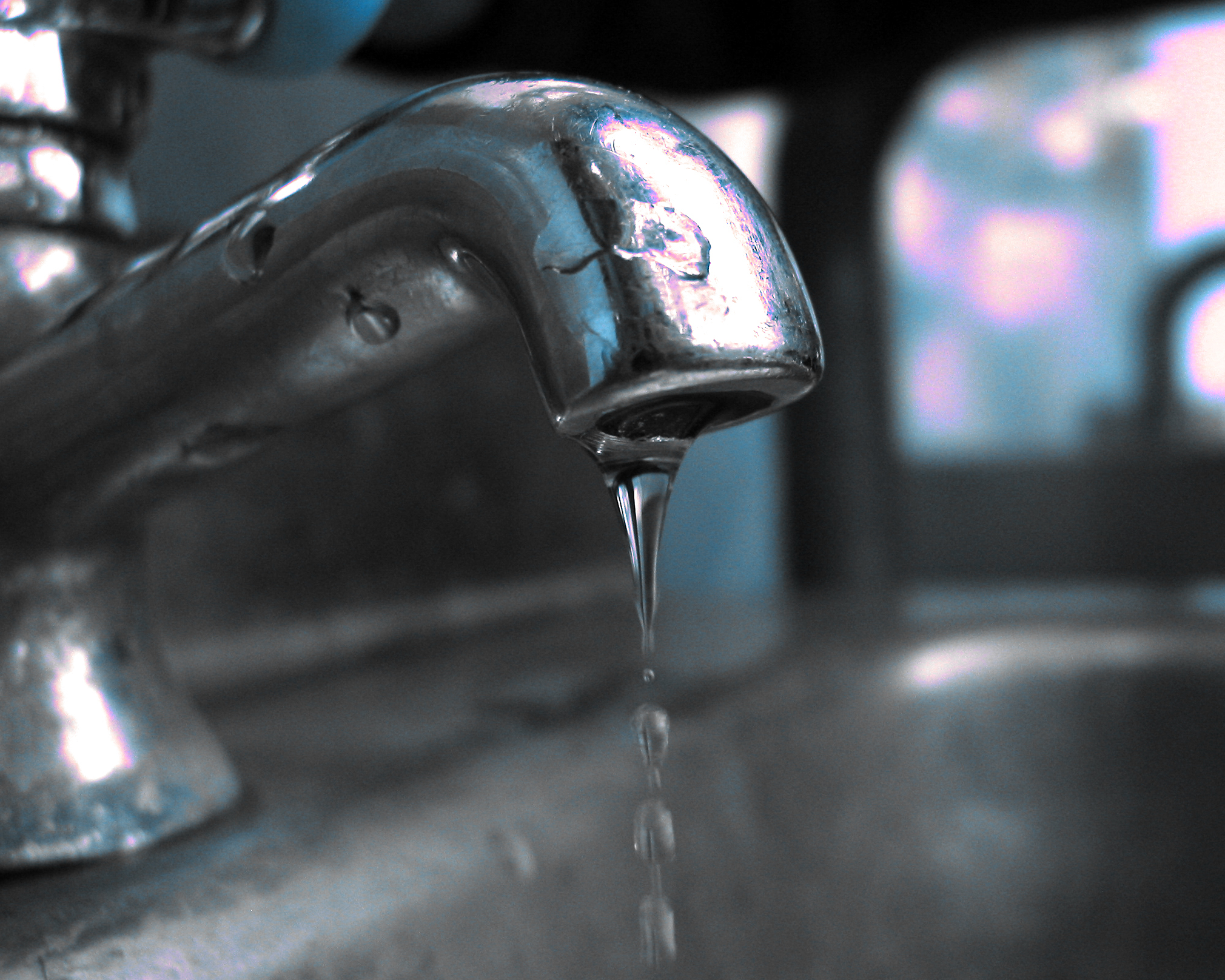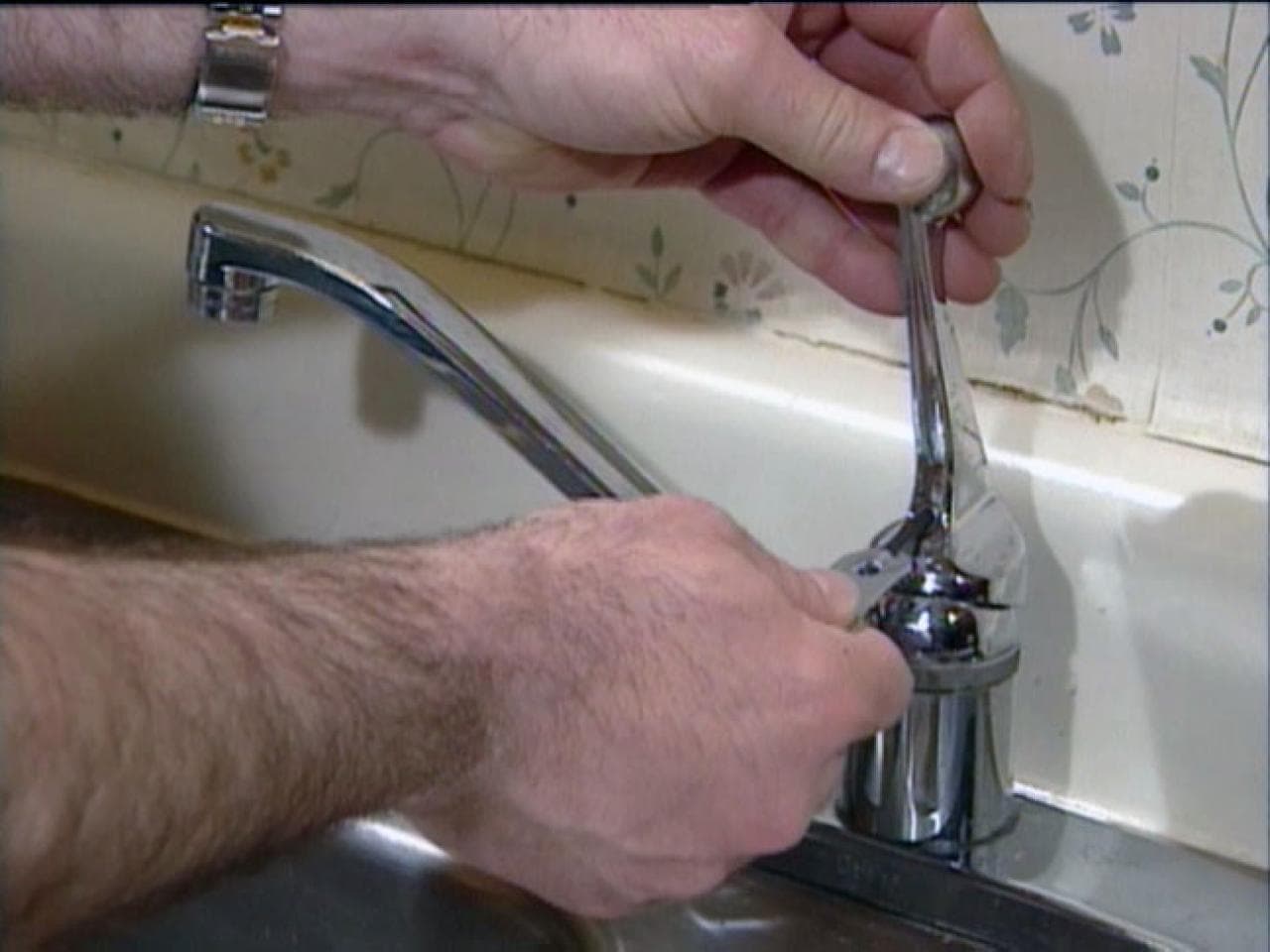How It's Crucial to Repair a Malfunctioning Faucet
How It's Crucial to Repair a Malfunctioning Faucet
Blog Article
We've encountered this great article pertaining to Why Are My Faucets Dripping (And Can I Fix It Myself)? directly below on the web and thought it made good sense to share it with you on this page.

Leaking taps might feel like a minor trouble, yet their impact exceeds simply the annoyance of the noise. From drainage to sustaining unneeded financial costs and health and wellness dangers, overlooking a dripping faucet can lead to numerous effects. In this article, we'll explore why it's vital to address this typical house concern promptly and successfully.
Wastage of Water
Environmental Influence
Leaking faucets contribute considerably to water wastage. According to the Epa (EPA), a solitary tap dripping at one drip per second can squander greater than 3,000 gallons of water each year. This not just pressures water sources yet also influences ecosystems and wildlife dependent on them.
Step-by-Step Guide to Fixing a Dripping Faucet
Devices Called for
Prior to trying to take care of a dripping faucet, gather the necessary tools, including an adjustable wrench, screwdrivers, substitute components (such as washers or cartridges), and plumber's tape.
Common Tap Issues and Their Solutions
Determine the type of tap and the certain issue creating the drip. Typical problems consist of damaged washers, rusty valve seats, or faulty O-rings. Describe manufacturer guidelines or online tutorials for detailed guidance on repair services.
Financial Costs
Boosted Water Bills
Beyond the ecological effect, trickling faucets can pump up water costs substantially. The collected wastefulness over time equates into greater utility expenses, which can have been stayed clear of with timely repairs.
Possible Home Damages
Additionally, prolonged trickling can result in harm to fixtures and surface areas surrounding the faucet. Water buildup can trigger staining, deterioration, and even structural concerns if left neglected, leading to added repair expenses.
Wellness Issues
Mold And Mildew and Mold Growth
The constant presence of wetness from a trickling faucet produces an excellent environment for mold and mildew development. These fungis not just endanger interior air top quality however also position health risks, specifically for individuals with respiratory system conditions or allergic reactions.
Waterborne Illness
Stagnant water in dripping taps can end up being a breeding place for germs and other pathogens, increasing the risk of waterborne conditions. Pollutants such as Legionella bacteria grow in stationary water, potentially resulting in serious diseases when ingested or breathed in.
DIY vs. Professional Fixing
Pros and Cons of Do It Yourself Repair Work
While some may try to fix a trickling faucet themselves, do it yourself fixings include their very own collection of challenges. Without correct knowledge and devices, DIY attempts can aggravate the concern or result in insufficient repairs, extending the trouble.
Benefits of Hiring an Expert Plumber
Working with a specialist plumber ensures that the underlying reason for the trickling tap is addressed efficiently. Plumbing professionals possess the competence and devices to diagnose and repair faucet issues efficiently, saving time and reducing the risk of further damage.
Ecological Obligation
Specific Payment to Preservation
Taking obligation for repairing dripping faucets straightens with more comprehensive initiatives towards water preservation and environmental sustainability. Every individual's activities collectively make a significant impact on maintaining priceless sources.
Lasting Living Practices
By prioritizing punctual repair services and adopting water-saving behaviors, individuals add to sustainable living practices that benefit both existing and future generations.
Preventive Measures
Routine Maintenance Tips
To avoid leaking taps, perform regular maintenance such as cleaning up aerators, evaluating for leaks, and changing damaged components promptly. Additionally, think about mounting water-saving tools or upgrading to a lot more reliable fixtures.
Significance of Prompt Repairs
Resolving leaking faucets as quickly as they're discovered avoids additional water wastage and potential damage, inevitably saving both water and money in the future.
Influence On Property Value
Perception of Well-Maintained Residential Or Commercial Property
Keeping a residential property in good condition, consisting of dealing with maintenance issues like leaking faucets, enhances its regarded value and worth among possible buyers or lessees.
Influence on Resale Worth
Residences with well-maintained plumbing components, including faucets, command higher resale worths in the realty market. Resolving leaking taps can add to a favorable impact during property evaluations and negotiations.
Verdict
Addressing a leaking faucet surpasses plain ease; it's an important step toward conserving water, decreasing financial prices, and safeguarding health and residential or commercial property. Whether through DIY repairs or specialist help, acting to deal with dripping faucets is a little yet impactful method to promote responsible stewardship of sources and add to a healthier, much more lasting future.
How to Fix a Leaky Faucet: Step-by-Step Repair Guide
A leaky faucet may seem like a simple annoyance, but if it's not fixed promptly, that leak could cost hundreds to potentially thousands. From water damage to mold, mildew, and high water bills, even a tiny leak can be catastrophic if left unattended. Damage like this can even affect the overall value of your home, so it's important to take the right approach for leaky faucet repair. You may need the help of a plumber in some cases, but we've got a few tips you can try on how to fix a leaky faucet before calling the pros.
Four Faucet Types
When you're learning how to fix a leaky faucet, the first step is knowing what kind of faucet you're working with! There are four common types.
Cartridge Faucets
Cartridge faucets come in one- or two-handled varieties. In one-handled cartridge faucets, hot and cold water combines in a single cartridge. In the two-handled versions, hot and cold water are controlled separately and mixed in the faucet.
Ball Faucets
Ball faucets have a single lever you push up and down to adjust the pressure and rotate to change the temperature. A slotted metal ball controls the amount of water allowed into the spout.
Compression Washer Faucets
They're the oldest type of faucet, but they're still used in many homes — especially older ones. Compression faucets have two separate handles that, when turned, raise or lower the washer that seals a water valve. This valve stops water from flowing through the faucet when it is turned off.
Disc Faucets
Disc faucets rarely need to be repaired due to their maintenance-free design. The water flow is controlled by two discs — the upper one raises and lowers against a fixed lower disc, creating a watertight seal. If your disc faucet starts leaking, you may need to replace the seals or clean residue buildup from the inlets.
Fixing a Leaky Faucet
Step 1: Turn Off the Water
Whether you're learning how to fix a leaky bathtub faucet or how to fix a leaky kitchen faucet, always turn off the water supply to your working area when you're fixing a leak. The last thing you want is a flood added to your list of things to fix.
Look for the shutoff valves below your sink or around the tub and turn them clockwise to stop the water flow. If your faucet doesn't have shutoff valves, you may need to turn off the water for the whole house. Check to make sure it's off by turning the faucet on. If nothing comes out, you're ready to start the repair.
Step 2: Take Apart the Faucet
How you disassemble your faucet depends on the type of fixture you have. You can use a flathead screwdriver to remove the caps on top of the handle or handles for cartridge and compression faucets. Inside, you should see handle screws. Unscrew these with a screwdriver to remove the handle.
Disc- and ball-style faucets will typically have an inlet screw near the handle, and removing that will reveal the interior of the faucet.
Detach the Valve Stem
For cartridge- and compression-style faucets, you'll see the inner valve stem or cartridge once you remove the faucet handles. If you have a compression faucet, unscrew the brass valve stem. If you have a cartridge faucet, pull out the cartridge. If your cartridge has been in place for a while, it may require some tools or extra force to remove it due to mineral deposits.
Examine and Replace Parts
Once you've removed the parts, check them out to confirm what needs to be replaced. You may see corroded rubber washers, O-rings, stems, or cartridges. On a ball-style faucet, check the seats and springs for damage.
If you need to repair a leaky disc faucet, check the inlet and seals on the lower disc.
Once you determine what parts must be replaced, visit your local hardware store. Bring the damaged parts with you to ensure you can purchase the correct components to replace them.
Clean Valves and Faucet Cavity
If you've removed a stem or cartridge, you may notice mineral buildup in the faucet's threads. Use white vinegar to clean the valve seat by soaking it for a few minutes, then scrub it away with a soft toothbrush and rinse with warm water. You can also clean the interior of the faucet in the same way.
Reassemble the Faucet
Once your faucet is cleaned and the required parts have been replaced, it's time to reassemble it. Put the pieces back together and slowly turn the water supply back on. Doing this slowly is crucial because too much initial water pressure can damage the new hardware you've just installed.
https://homewarranty.firstam.com/blog/how-to-fix-leaky-faucet

As a person who reads on 4 Common Reasons for a Leaky Faucet, I imagined sharing that piece of content was beneficial. Liked our posting? Please quickly share it. Let another person discover it. We take joy in your readership.
Report this page